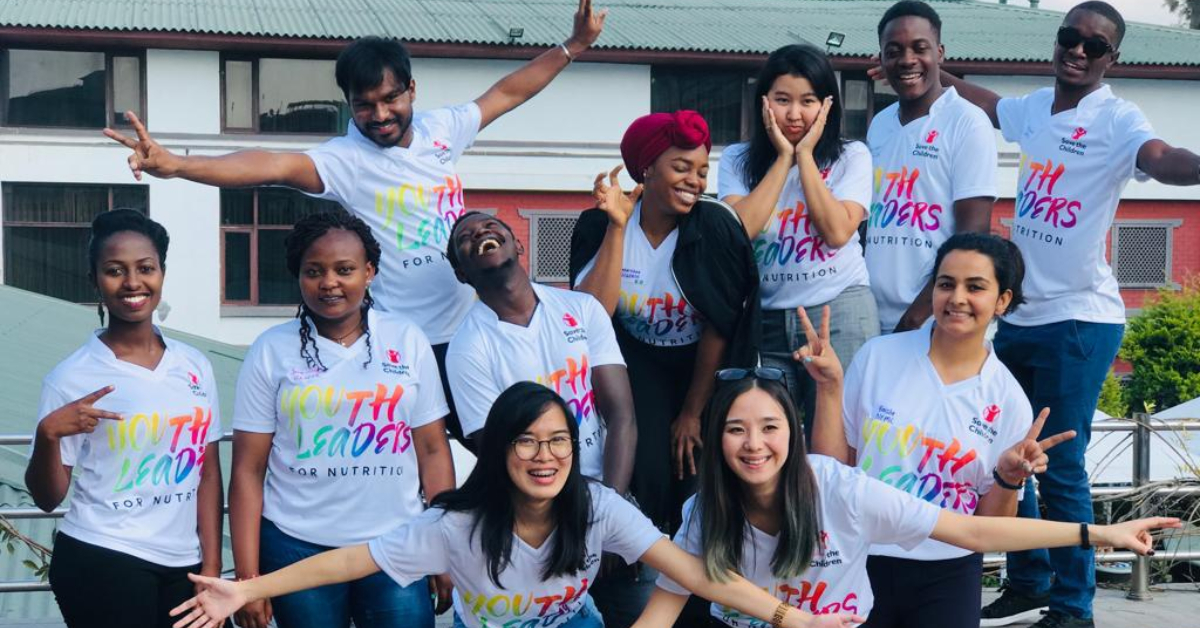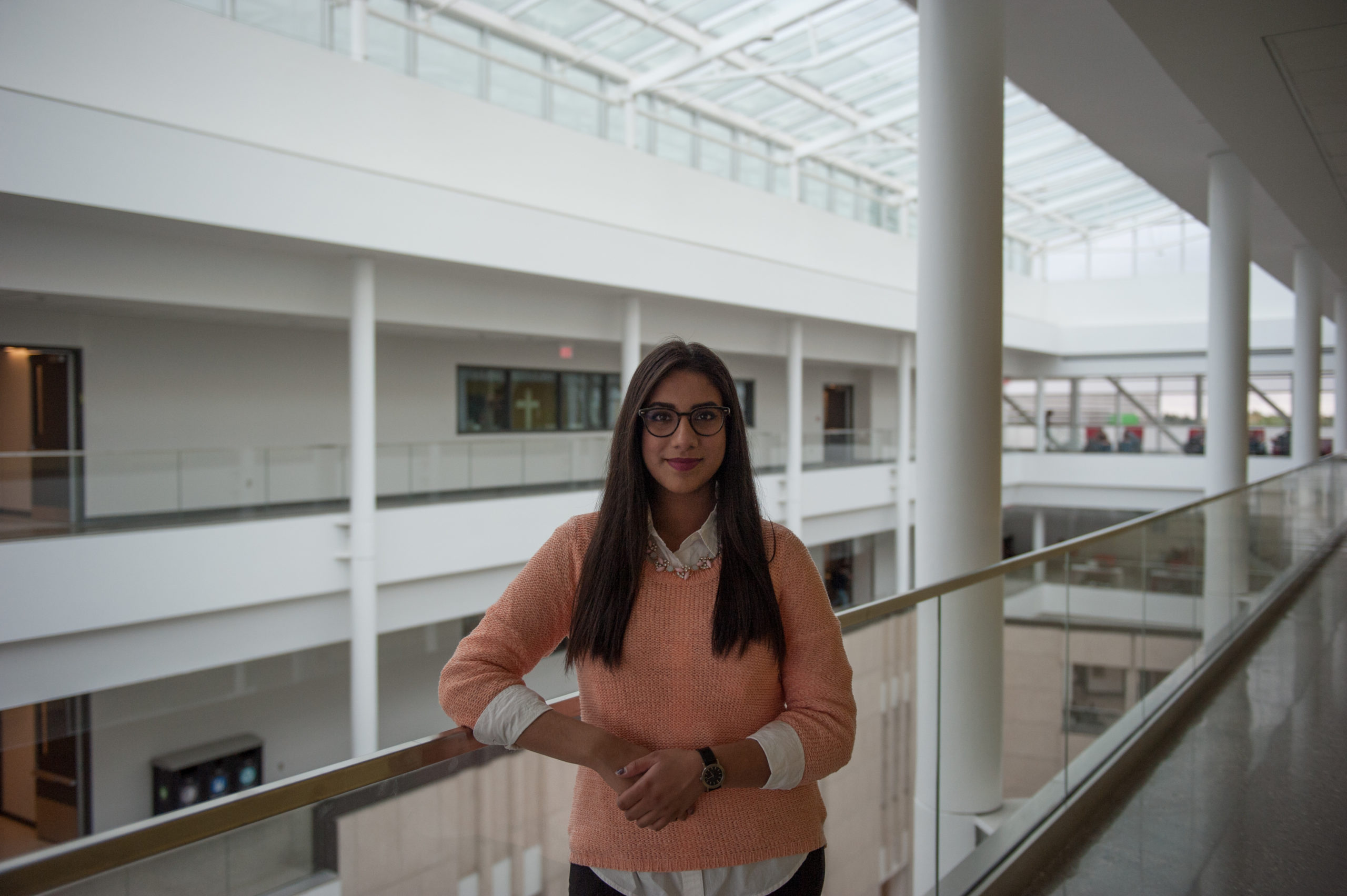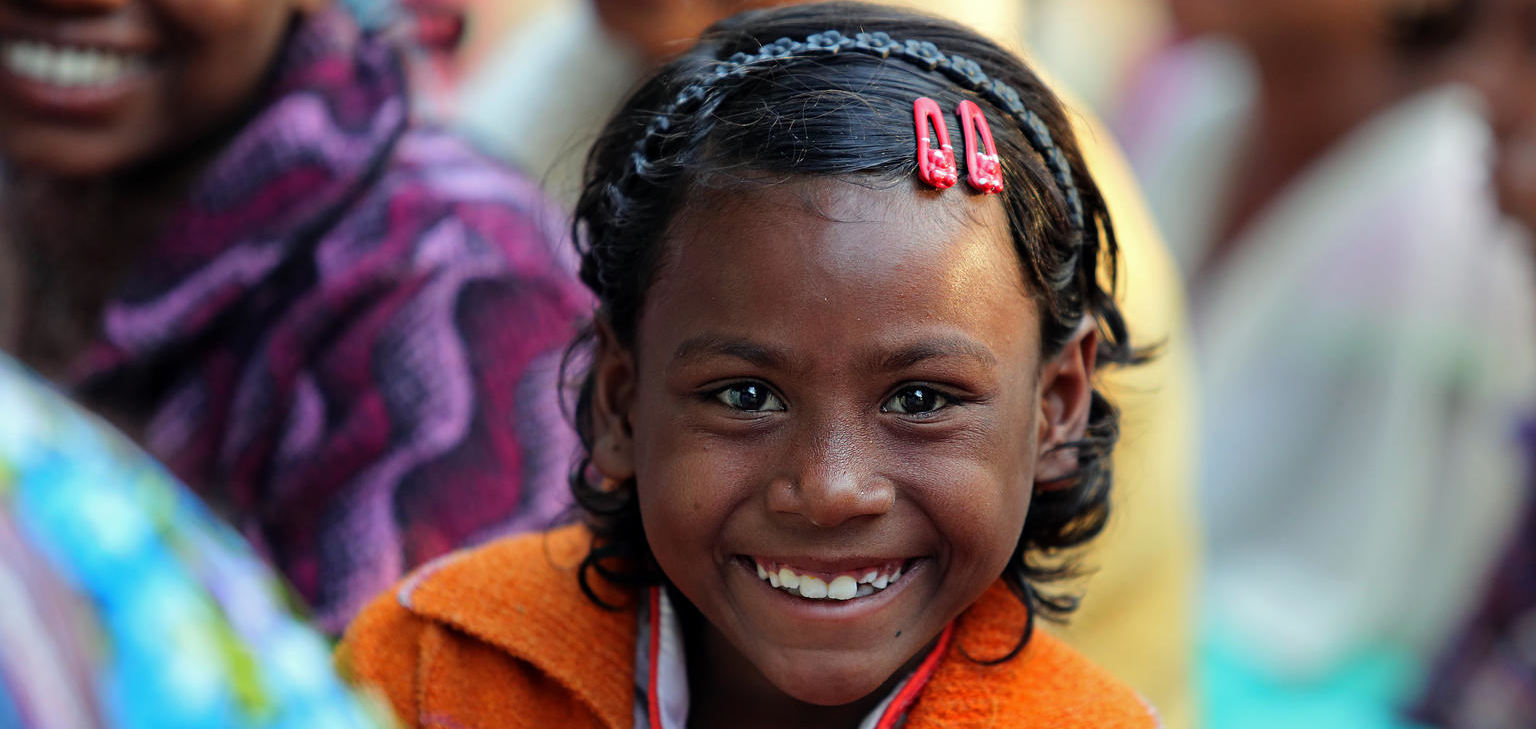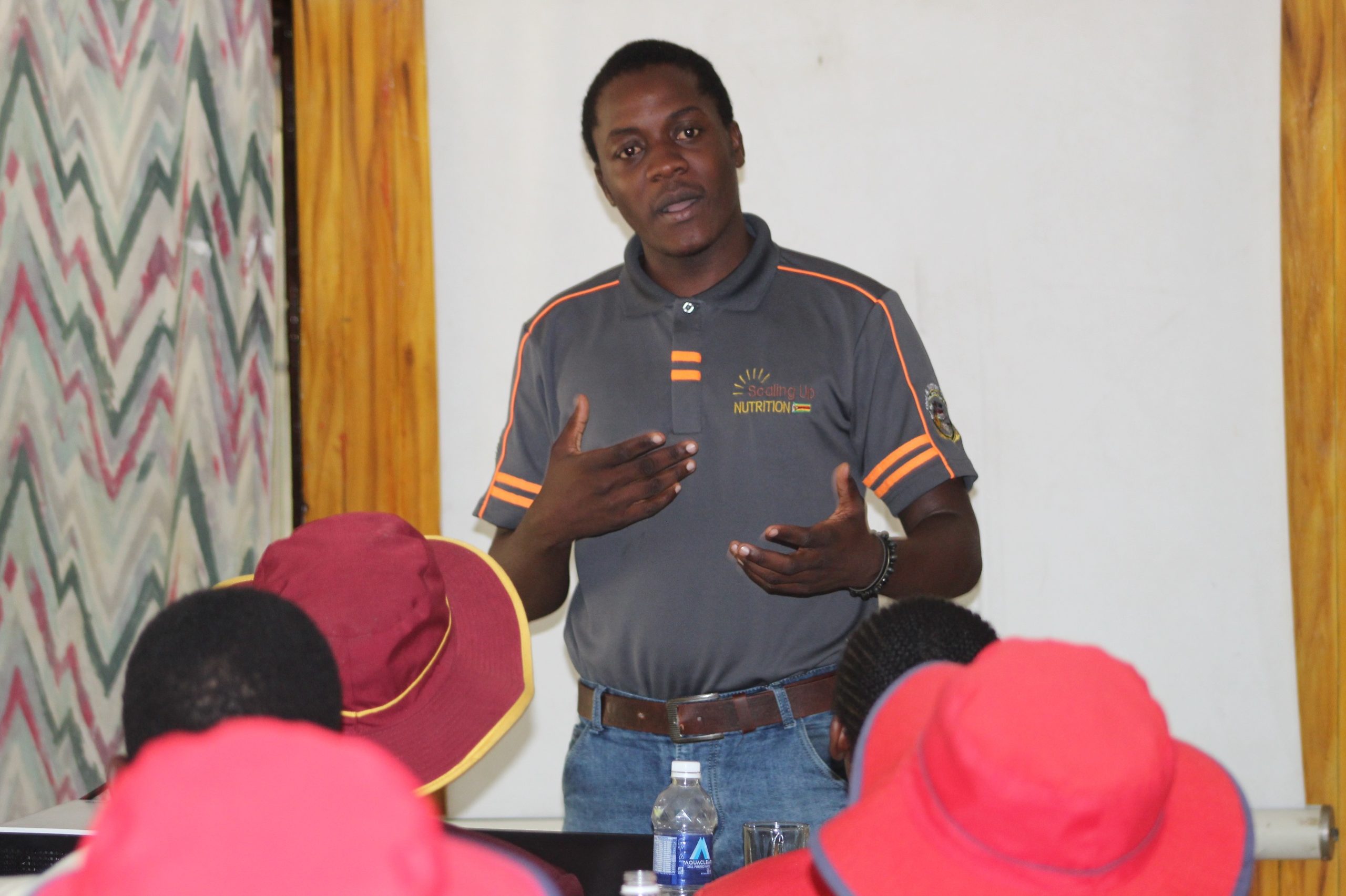Since 2018 SUN CSN has run a small grants programme, which invites interested & eligible CSAs and their members to apply for small grants, to implement and pilot small projects for research or innovation purposes over a 6-month period. Between 2018 – 2022 The SUN CSN Small Grants Programme has run four cycles of funding […]
LeerTodas las noticias sobre Youth Leaders
Seleccione los temas que le interesan para filtrar los artículos de prensa.
A new chapter for youth leadership on nutrition for the SUN CSN!
This year, the SUN CSN Secretariat is very excited to be launching the next phase of the successful Youth Leaders for Nutrition Program, and we’re inviting all CSN Members to join us in recruiting the next generation of young change-makers on nutrition. What does this new phase look like? Previously, the SUN CSN has supported […]
LeerThe Youth: Secret Ingredient for a Sustainable Food System
Food and Nutrition Youth Network (FNYN) Philippines Launched By: Rose Jade Eugenie Delgado SUN Youth Leader for Nutrition & FNYN Philippines Convenor In the recipe of shaping a more sustainable food system, we need: a cup of policy changes by governments, a pinch of investment and innovation from businesses and the private sector, a dash of advocacy from Civil Society Organizations, a […]
LeerADN Juvenil Perú trabaja en procesos de incidencia a favor de la Nutrición en 8 regiones del país
Líderes de colectivos de jóvenes de 8 regiones del país formaron la plataforma ADN Juvenil Perú que busca contribuir en la lucha contra todas las formas de malnutrición colocando el tema en la agenda de las autoridades regionales. Para ello desarrollan acciones de activismo e incidencia política como vigilancia colaborativa, seguimiento del presupuesto público destinado […]
LeerThe SUN Civil Society Network launches its new 5-year strategy!
Why do we need a new CSN strategy? The Civil Society Network 3.0 strategy (2021-2025) constitutes an essential guide to rally all civil society members’ collective efforts behind a strong mission and vision. The CSN 3.0 strategy was designed for the Network by the Network, in alignment with the overall SUN Movement 3.0 strategy. As such, the […]
LeerMeet the women of the CSN: Anayat Sidhu
Youth Leader for Nutrition, Canada My work in nutrition I cannot overemphasize enough my enthusiasm for being a part of the YL4N program. To be able to engage with individuals that I greatly admire every day is a true honour. Additionally, the chance to learn from others is what I highly value. To be able […]
LeerPrioritising Youth Voices During the Year of Action for Nutrition for Growth
2021: A year overflowing with opportunities It’s 2021, and although very little may have changed so far in comparison to 2020 (come on, vaccines!), there has already been a huge shift: it is now officially the Year of Action for Nutrition. Last year, the COVID-19 pandemic resulted in devastating losses to the decades of progress on […]
Leer8 things we learnt from Keeping Up with YL4N for World Food Day
“You have the platform, we have the voice. Together we can make a difference”Bormey Chhun, Youth Leader for Nutrition Cambodia Last week’s World Food Day also marked the inaugural youth-led webinar from the SUN CSN Youth Leaders for Nutrition. The event was organised in the same spirit that embodies the Youth Leaders for Nutrition programme […]
LeerNutrition Can’t Wait: Setting the agenda for adolescent nutrition in the context of COVID-19 and beyond.
Written by Irshad Danish and Jigyasa Nawani from Nutrition International, this blog talks about their previous Adolescent Nutrition webinar and what came out of it. You can read the full piece here > https://scalingupnutrition.org/news/nutrition-cant-wait-setting-the-agenda-for-adolescent-nutrition-in-the-context-of-covid-19-and-beyond/ «While adolescents form one-sixth of the world’s population, adolescent nutrition remains an underrated agenda in most countries. With the COVID-19 pandemic interrupting most health and […]
LeerCOVID-19 impacting the health and wellbeing of children and families in Zimbabwe
The outbreak of COVID-19 in Zimbabwe is having drastic consequences to the health and wellbeing of children and their families in both urban and rural communities. Infants, children, pregnant women and breastfeeding mothers are facing significant risks to their nutritional status and well-being especially in contexts where access to essential health and nutrition services and […]
LeerEnviar artículos de prensa
Si es usted parte de la Red de la Sociedad Civil SUN y desea compartir un artículo de prensa, envíelo completando el formulario de contacto y seleccione la opción «Enviar un artículo de prensa» en «Motivo por el que nos contacta» para que podamos revisarlo y publicarlo.
The outbreak of COVID-19 in Zimbabwe is having drastic consequences to the health and wellbeing of children and their families in both urban and rural communities. Infants, children, pregnant women and breastfeeding mothers are facing significant risks to their nutritional status and well-being especially in contexts where access to essential health and nutrition services and affordable basic nutritious diets is constrained.
Many people have lost their jobs and livelihoods. They are struggling to support their families and dependents as they spend more time together at homes with no meaningful economic activity to sustain their family’s food and nutritional needs.
Children are out of school and no alternative strategy has been put in place to ensure that they access school meals through the national child feeding programme. This is despite the existence of a budget line in Zimbabwe’s 2020 National Budget which allocates funds for the school feeding programme to complement the nutritional dietary need for children in schools.
The importance of healthy nutritious food
Families’ economic activity and livelihood pathways have been restricted by the lockdown. This has caused serious suffering to the already impoverished households who are struggling to buy their usual range of foods for family nutrition. As people spend more time at home, there is a shift towards non-diversified diets, with increasing consumption of junk foods, pre-packaged processed foods and decreasing consumption of nutritious foods, including whole fresh fruits and vegetables.
In a live talk show with CAPITALK FM, Miss Spectacular Gumbira, a Youth Nutrition Advocate, highlighted that this is due to the high cost of basic foodstuffs, and poverty and hunger in many families. This means that when children go hungry, they can only be served with junk food such as snacks, popped corn and sweets, which are cheaper than healthy main meals.
Children also have no income and usually beg from family members and parents for money to buy snacks as they wait to be served a daily meal at their households. This makes children more vulnerable to abuse and harassment.
Impact on Food Systems
The impact of the COVID-19 pandemic, lockdown, and restrictions on food systems in Zimbabwe are particularly worrisome. Production has decreased while post-harvest losses have heightened as farmers struggle to access markets. Food access and affordability, which are the major pillars of food security, are severely restrained by lockdown.
Restricted access to markets for both farmers and consumers due to COVID-19 regulations is therefore affecting timely access to perishable nutritious foods like fruits and vegetables, negatively impacting on family nutrition and especially children who are out of school. Deliberate measures are therefore needed to prevent and mitigate against these.
Protecting our vulnerable communities
The current food crisis is severely impacting on the quality, frequency and diversity of children’s diets. Infants, children and breastfeeding mothers are consuming what is available, regardless of the nutritional value status of the foods. This is compounded by the inability for families across the country to provide adequate childcare during these increasingly challenging times of the pandemic.
Appropriate and timely support of maternal, infant, and young child nutrition are essential to save lives, protect child nutrition, support mothers, and support the health and development of the nation. There is also an urgent need to ensure that we come up with innovative contingency strategies to ensure that children continue to receive their school feeding portions during the lockdown, while mothers receive accurate advice and support on breastfeeding.
Right to food
It is imperative to note that the right to food is a fundamental human right recognised under the national and international law, and therefore should be ensured for the benefit of all, particularly infants, children, pregnant and breast-feeding mothers.
The 2013 Constitution of Zimbabwe also protects the right of people to access food and feed themselves and their families, either by producing their food or by purchasing it.
The Zimbabwean Government must therefore fulfil its commitment to the right to food by helping its people tackle malnutrition wherever it is found, and particularly for the most vulnerable.










